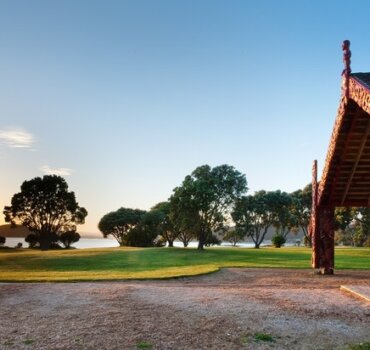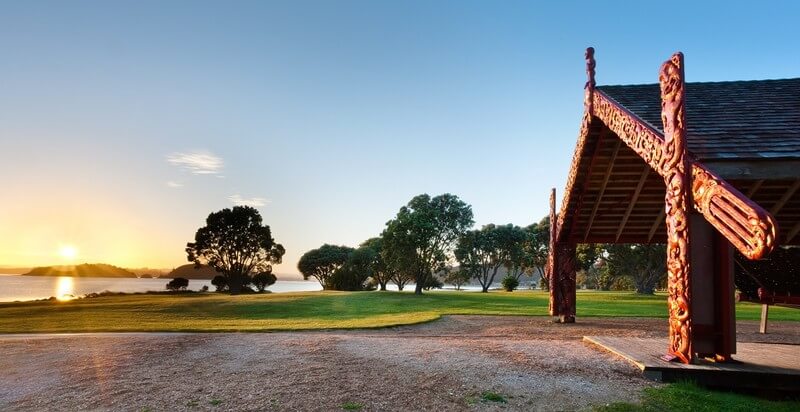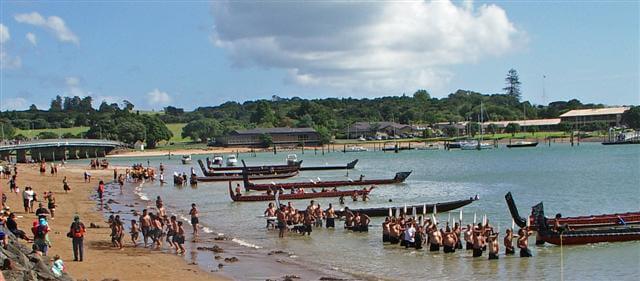
Waitangi Day
If you’ve experienced a loss visited upon you through someone breaking an agreement, you’ll know the feelings of disempowerment and betrayal. Long ago, it happened for me at this time of year. I’d been persuaded to invest in a business scheme that I was told was a ‘no-brainer’ having the support of influential and reputable directors whose string of successes went before them. I was told how privileged I was to be ‘invited to the table’.

Murray Smith
The leading director of this initiative touted himself as a person of integrity with deeply held moral convictions. He even quoted the Bible to substantiate his ethics, promising that in the extremely unlikely event of the venture failing, he would personally secure me against all losses. Giving his word as his bond, the man’s considerable means and influence appeared watertight. I was impressed he claimed Bible verses to guide his principles saying, “I am a person, ‘who swears to my own hurt and changes not.’ ’’ Using such words from Psalm 15 verse 4, he stated that in making promises, he’d stand by them, regardless of cost to him personally.
Unfortunately, along with others, I was taken in for many hundreds of thousands of dollars. All the promises proved empty.
I cannot equate my loss with the magnitude of the dishonoured promises that our Māori people have experienced with the Treaty of Waitangi, nevertheless, I ’get’ the feeling of being ‘ripped off’ – especially considering what Te Tiriti o Waitangi actually pledged.

Waitangi
Signed as a covenantal document between 500 Māori chiefs and representatives of the British Crown, it was and remains an exchange of promises. The chiefs gave the Queen, ‘te Kawanatanga katoa’, the governance or government over the land. With greedy, unscrupulous settlers arriving, the Crown assured Māori of the Queen’s protection of all rights accorded to British subjects. It pledged to protect Māori rights and customs, (tikanga) guaranteeing ‘te tino rangatiritanga’ (full, or entire ‘chieftainship’) over their lands, villages, all property and treasures’, promising ‘undisturbed possession of their lands and estates, forests, fisheries and other properties’.
The Treaty, intended as a partnership between Māori and the British Crown to create unity, through multiple successive breaches created anything but that. Crown colonial activity wreaked unimaginable violations, trashing Māori rights. Promises were reneged on and vast land confiscations were heartlessly enforced.
If the Crown’s track-record were marked as an exam paper, scoring on its ‘promise keeping’ merits would result in an epic fail, considering the dishonourable injustices served upon Māori.
It was 1973 when Prime Minister Norman Kirk announced that February 6, the anniversary of the 1840 signing of the Treaty of Waitangi would become an annual ‘unifying national holiday’ called New Zealand Day. A year later it was renamed ‘Waitangi Day.’
Now in 2025, as we commemorate 185 years since the Treaty’s signing, pausing and reflecting on our national anniversary is appropriate… how can we contribute and partner in Norm Kirk’s aspiration of a ‘unifying national holiday’ being realised? A good start would be genuinely engaging with the Bible’s message, allowing it to recalibrate our lives…for example, “Do unto others as you would have them do unto you…”

Waitangi Day








